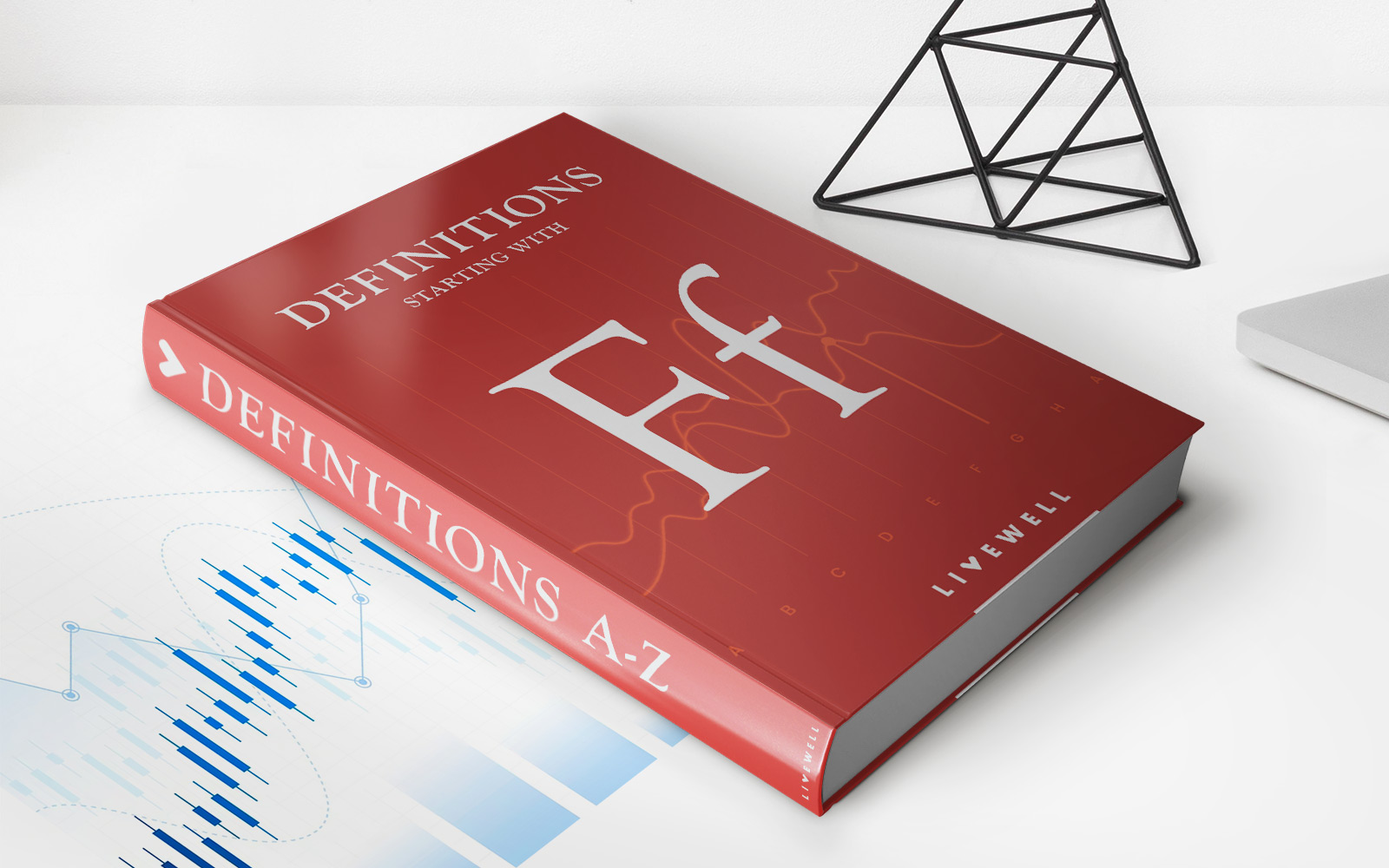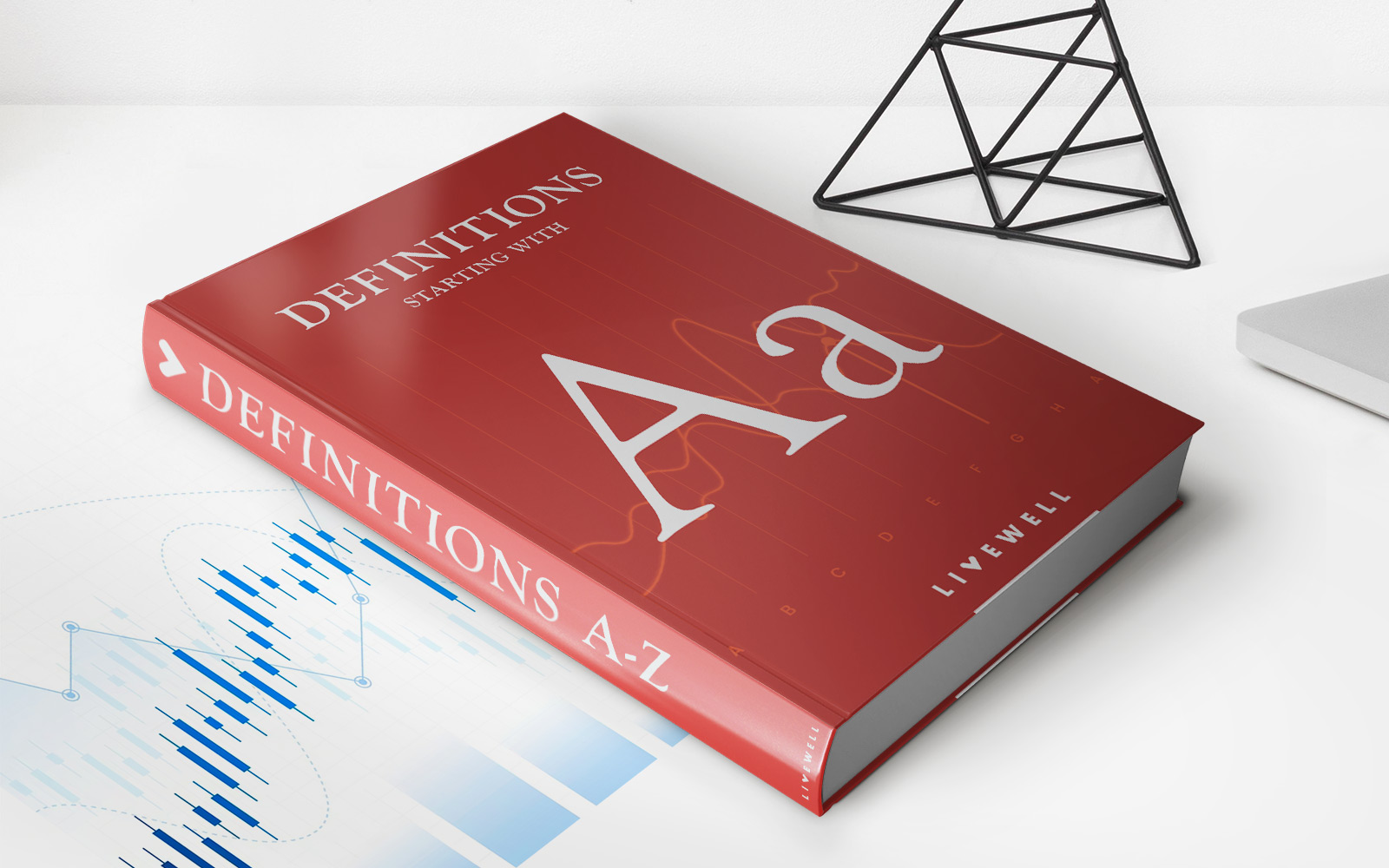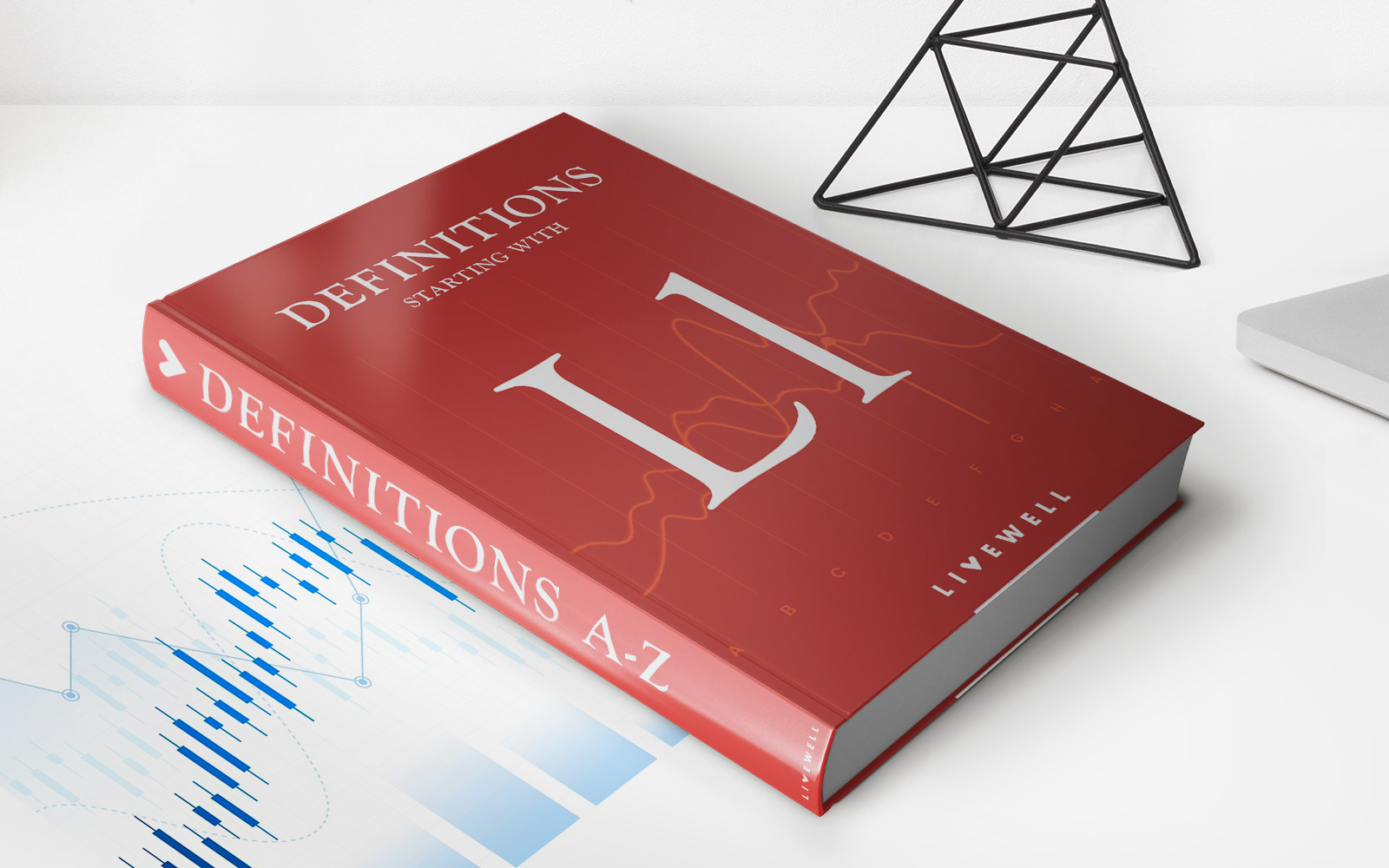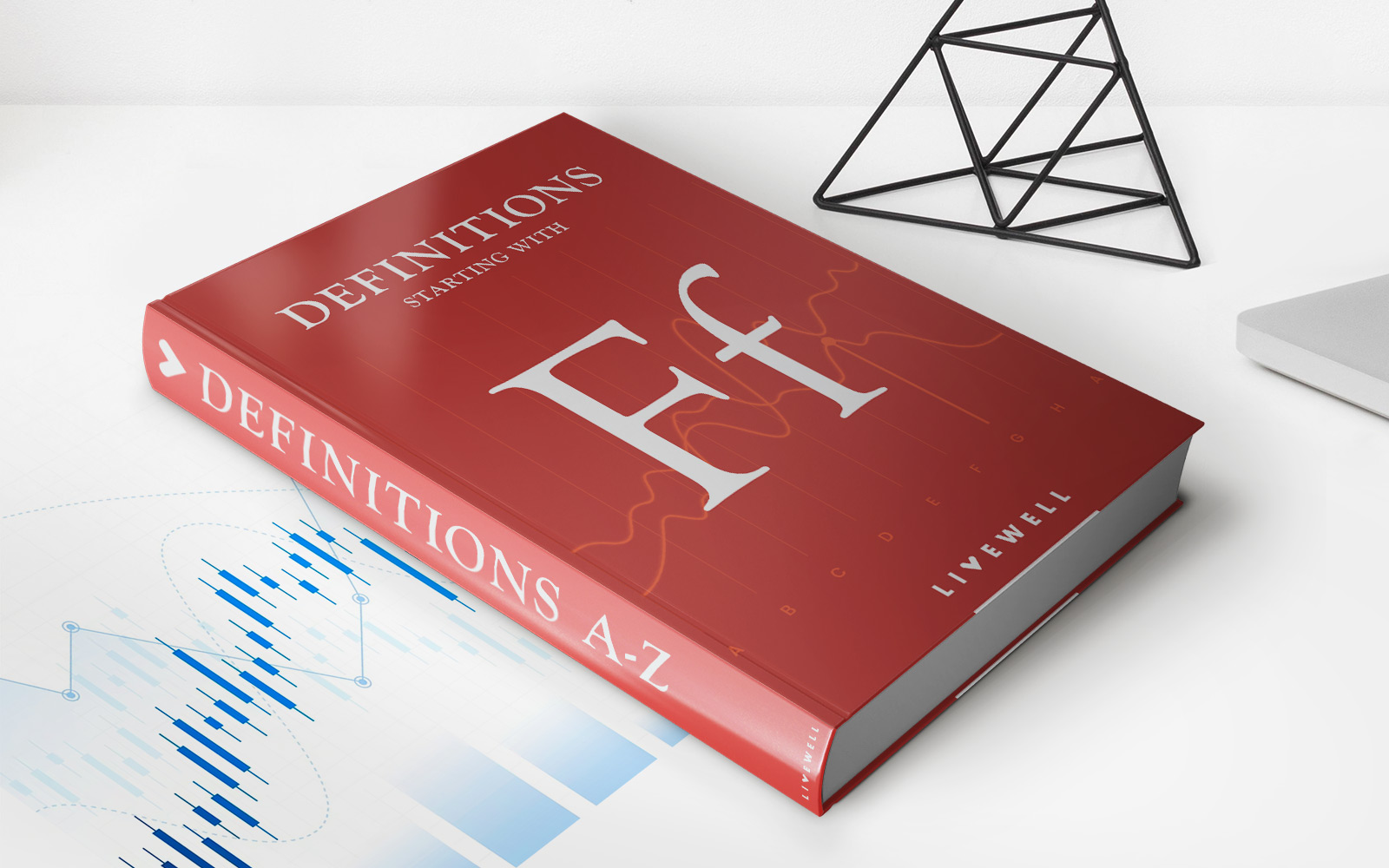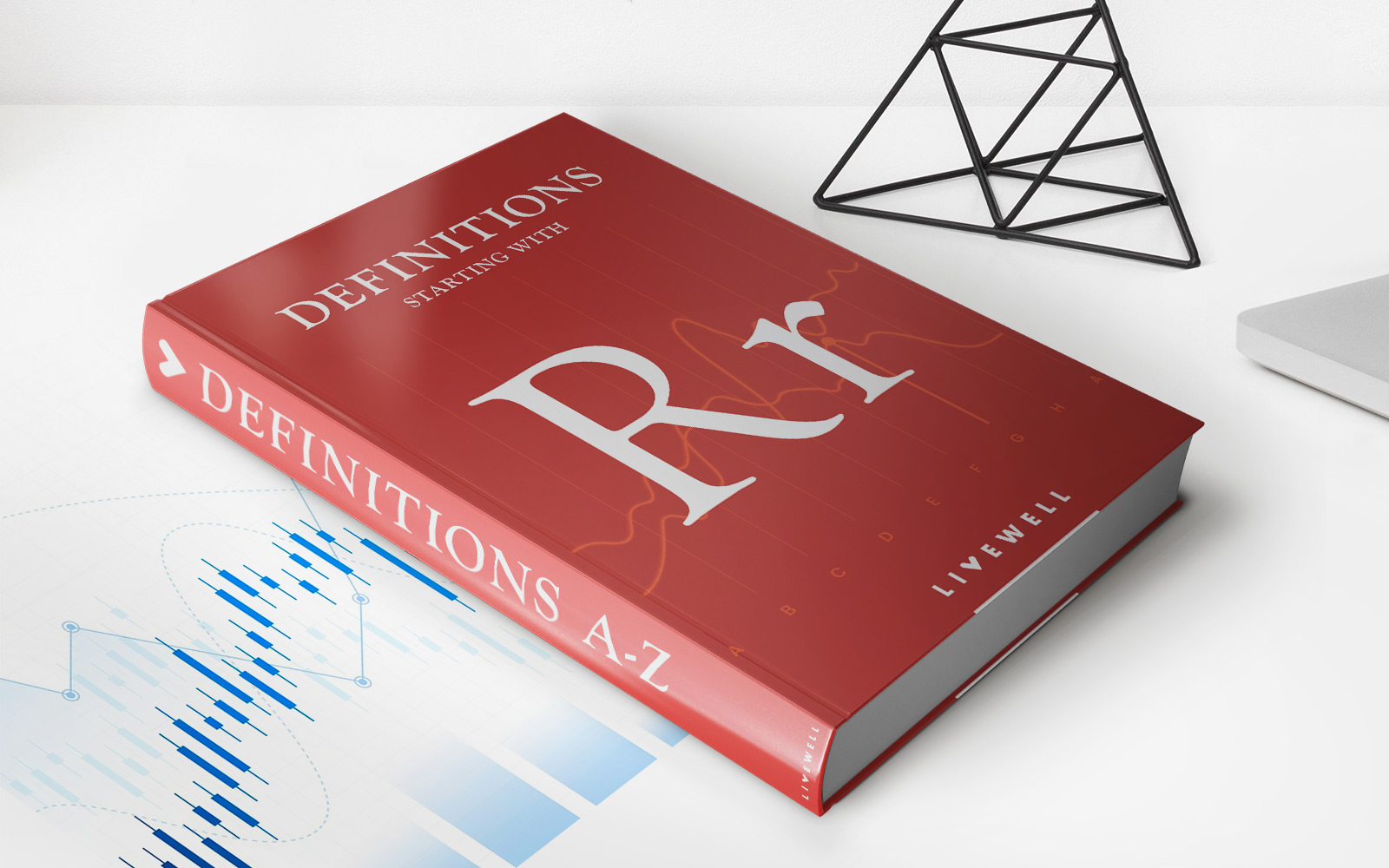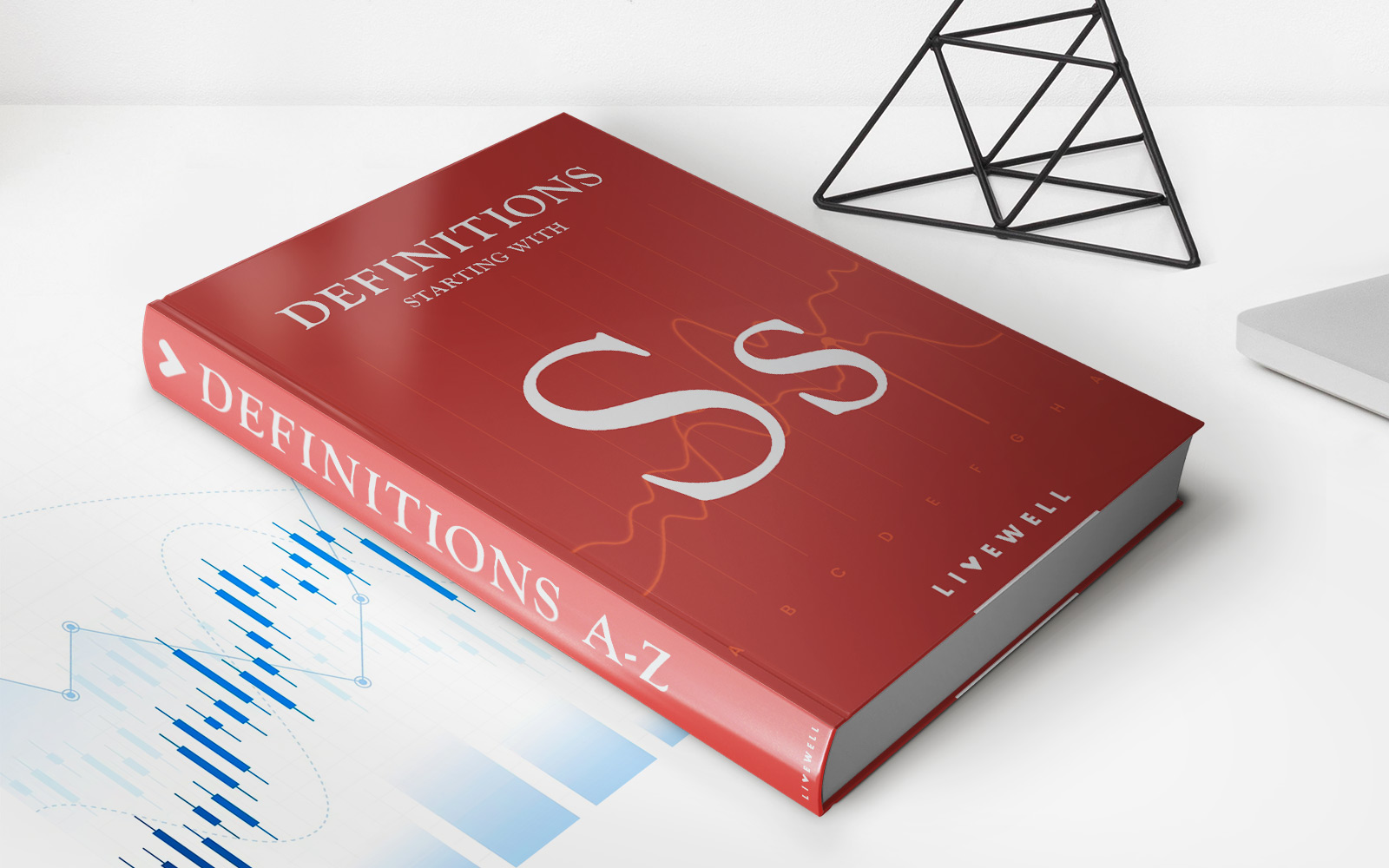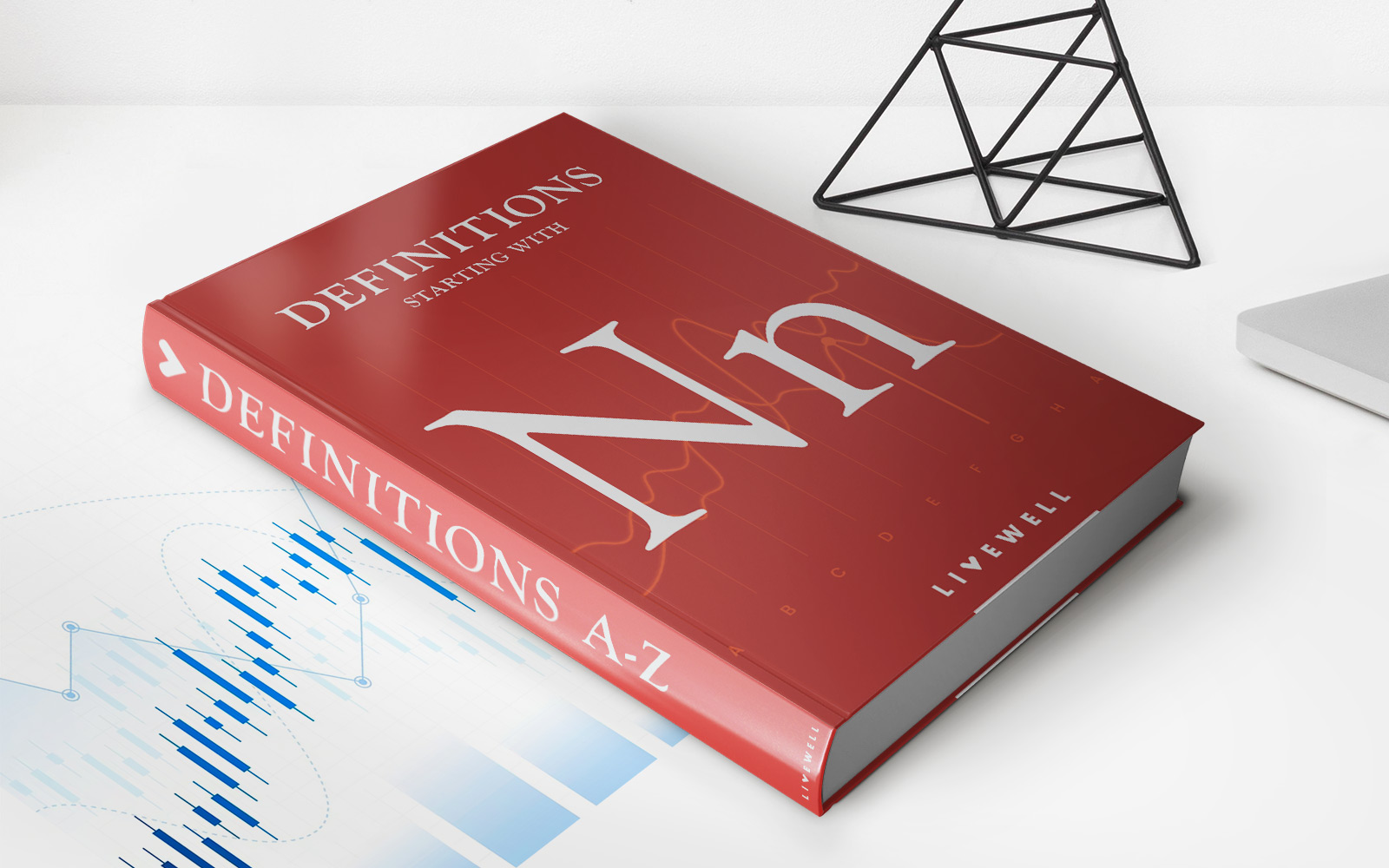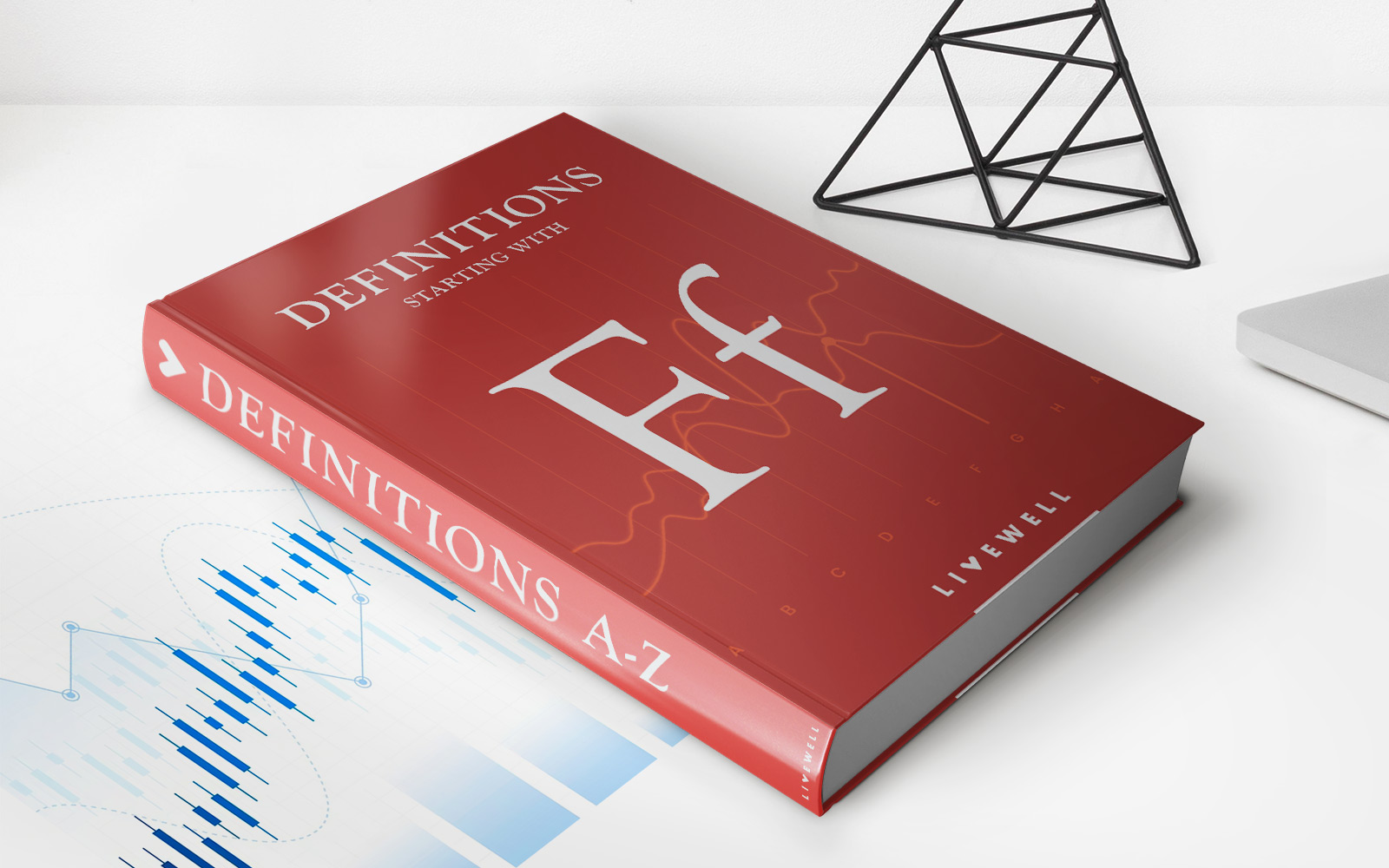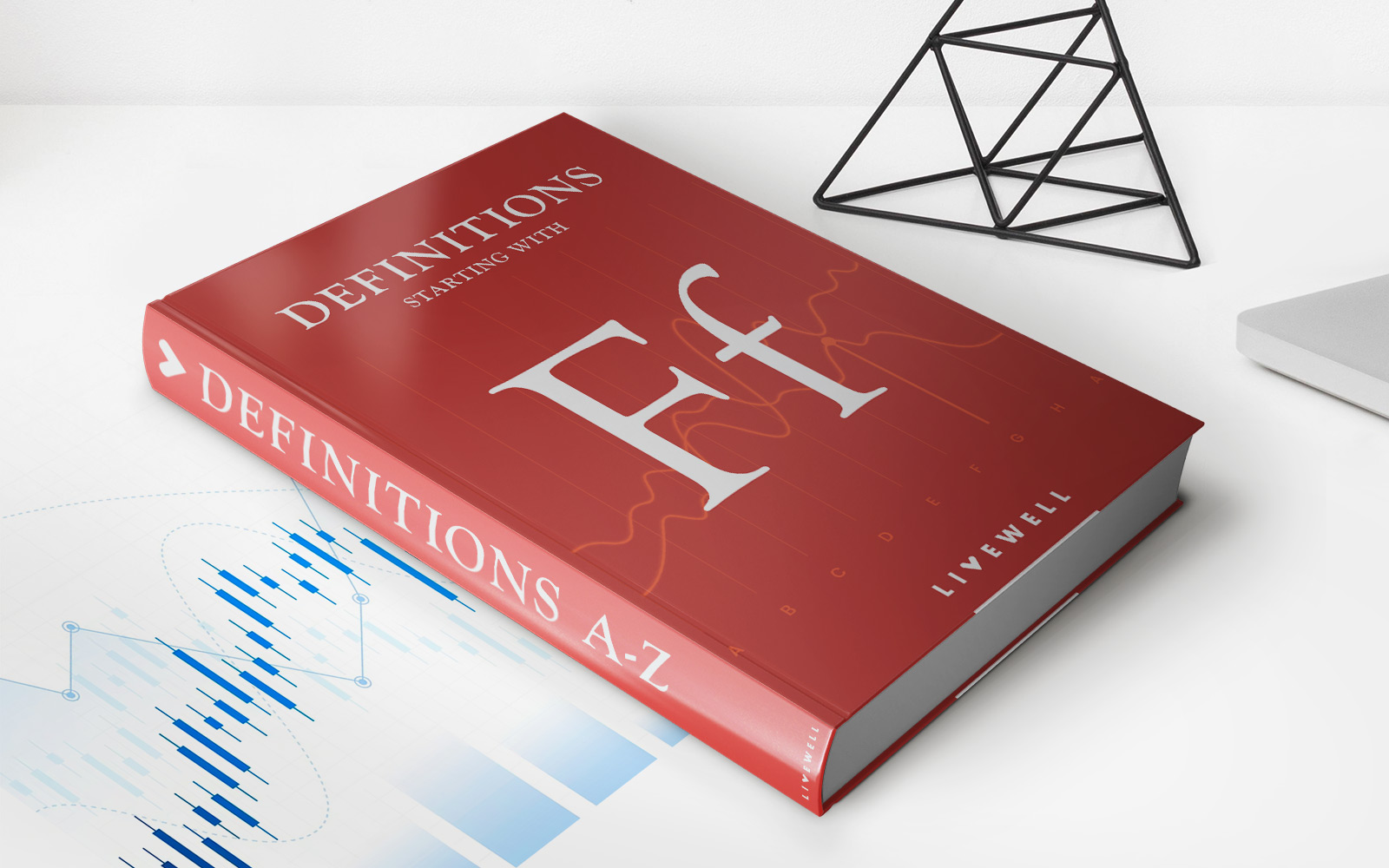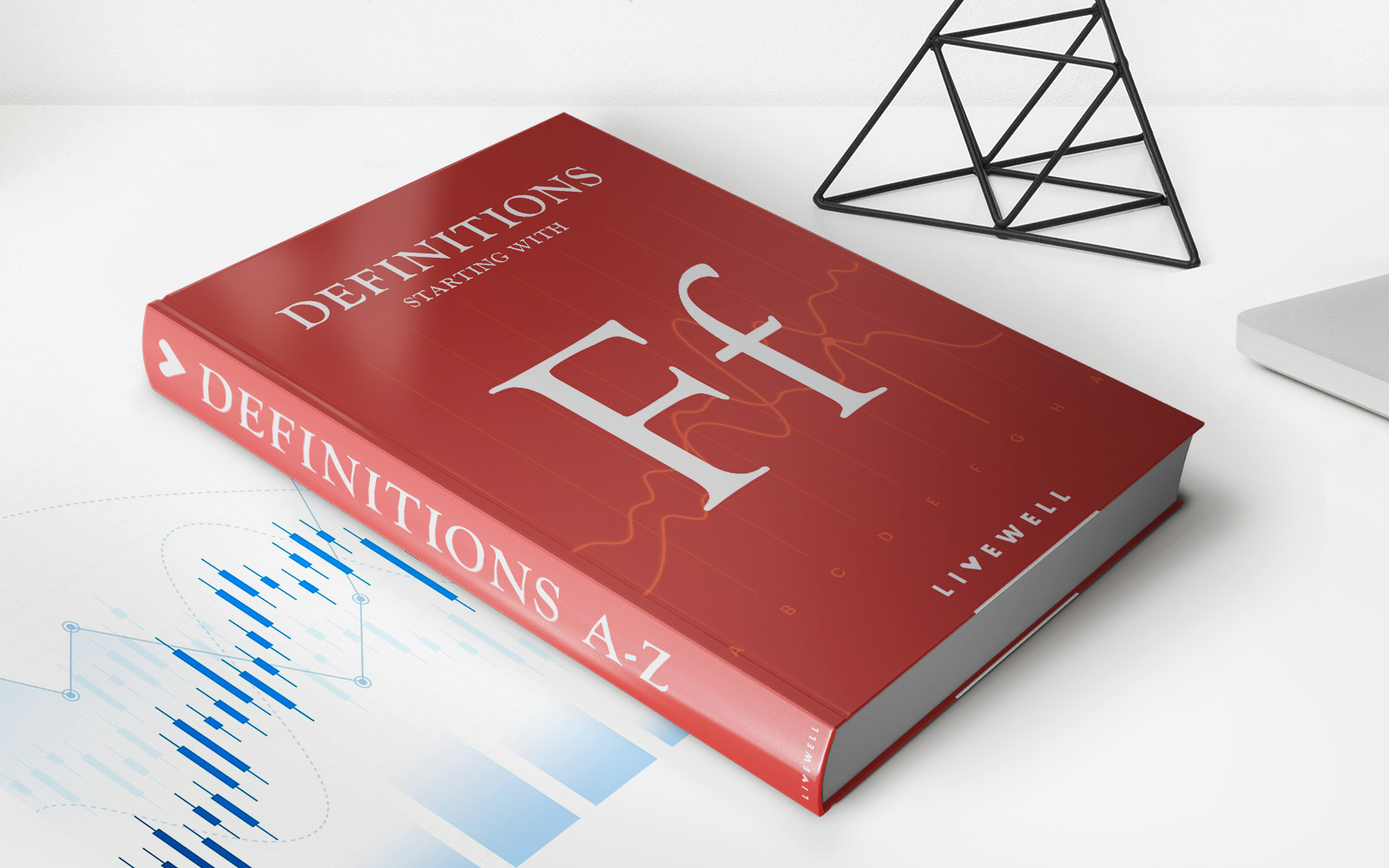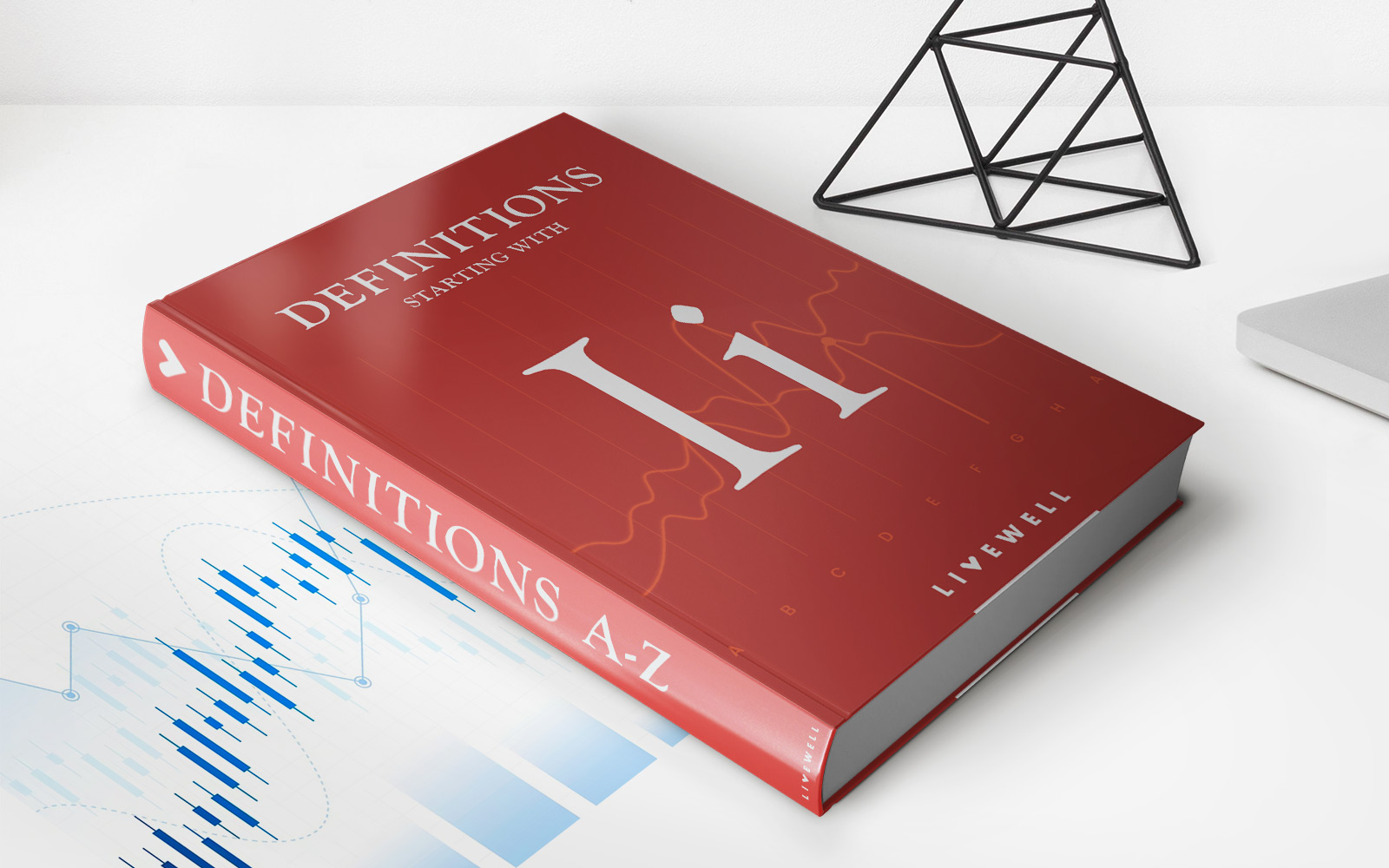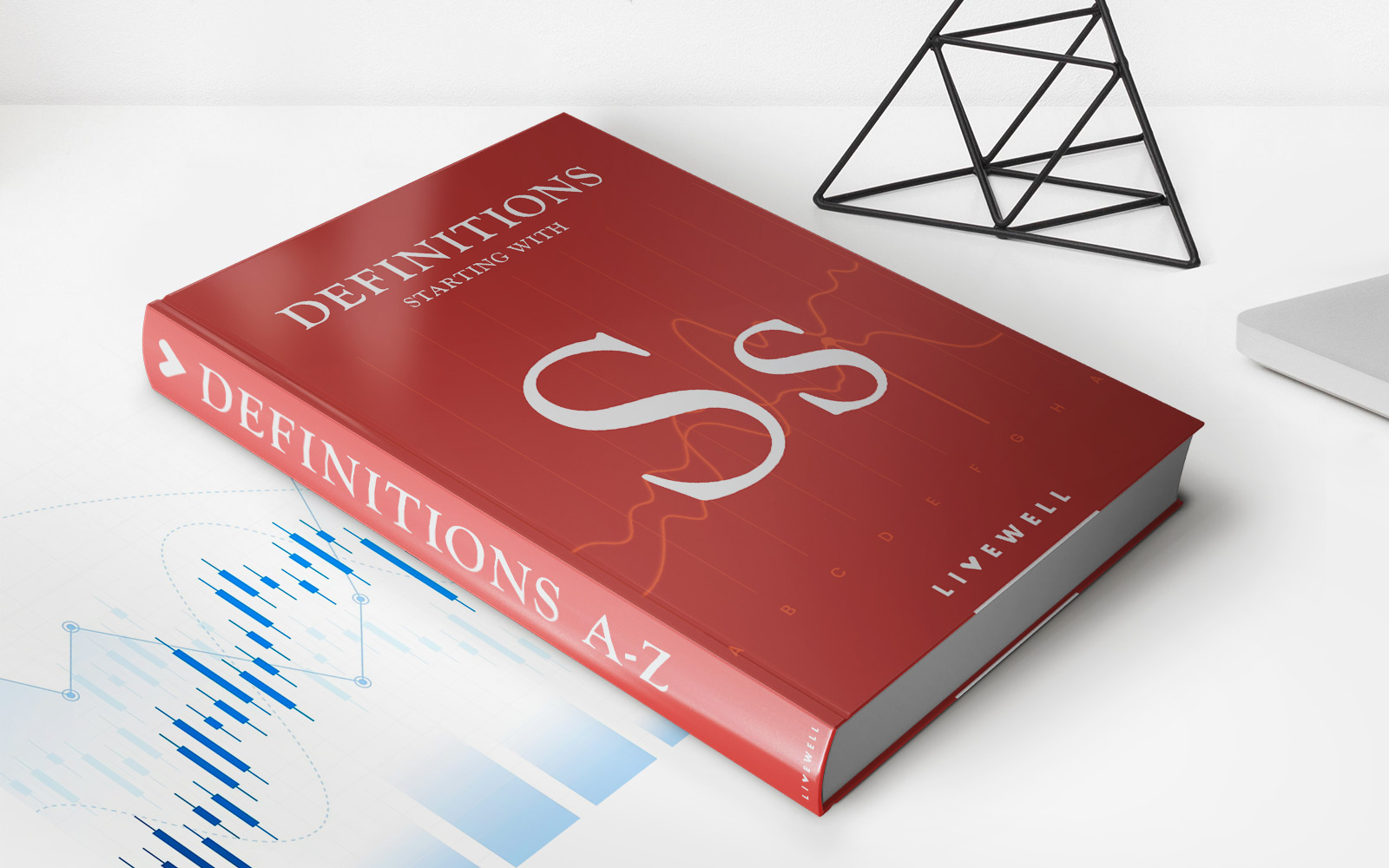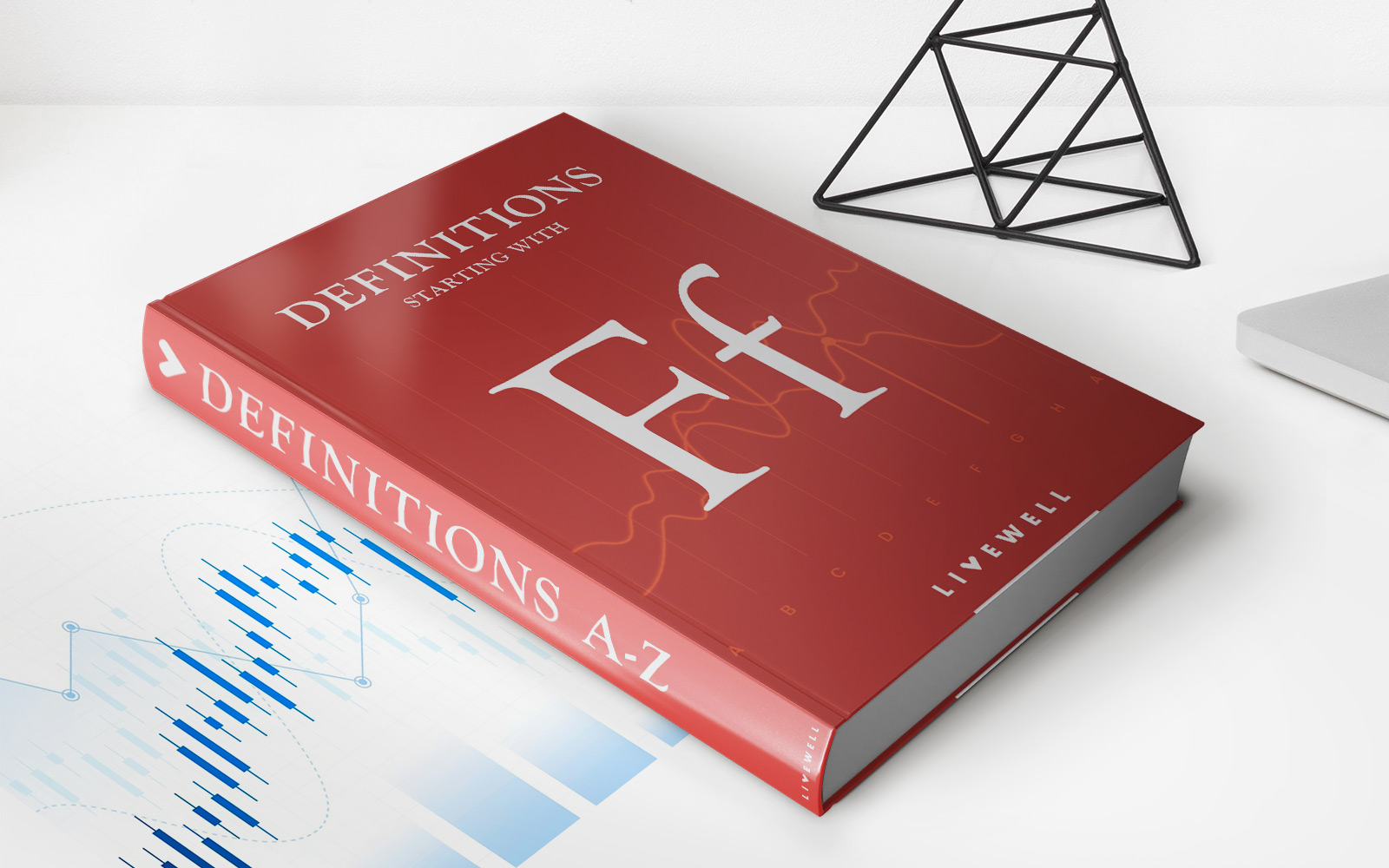

Finance
Forward Premium Definition
Published: November 27, 2023
Learn the definition of forward premium in finance and how it impacts currency exchange rates. Understand its significance in international markets.
(Many of the links in this article redirect to a specific reviewed product. Your purchase of these products through affiliate links helps to generate commission for LiveWell, at no extra cost. Learn more)
Understanding Forward Premium and its Importance in Finance
Welcome to another insightful article from our finance category! Today, we dive into the intriguing concept of forward premium. If you’ve ever wondered what forward premium means and how it impacts the financial world, you’ve come to the right place. In this post, we’ll define forward premium, discuss its significance, and explore why it’s essential for investors and businesses alike.
Key Takeaways:
- Forward premium is the percentage by which the forward exchange rate exceeds the spot exchange rate.
- It is a reflection of the interest rate differential between two countries and indicates market expectations for future currency exchange rates.
Defining Forward Premium
Forward premium refers to the percentage difference between the spot exchange rate and the forward exchange rate. In simpler terms, it is the additional cost or markup that investors and businesses pay to secure a future transaction at an agreed-upon exchange rate.
To illustrate, consider a scenario where the spot exchange rate for the US dollar to the euro is $1.10, but the forward exchange rate for a future transaction is $1.12. In this case, the forward premium would be 2% ($0.02/$1.10), indicating that the market expects the euro to strengthen against the dollar in the future.
Significance of Forward Premium
Forward premium plays a vital role in financial markets and has implications for investors, businesses, and policymakers. Here are some key points to consider:
- Hedging Currency Risk: Forward contracts allow businesses to mitigate currency fluctuations and manage their foreign exchange risks. By locking in a forward exchange rate, companies can stabilize their budgeting and protect profit margins.
- Interest Rate Differentials: The forward premium is influenced by the interest rate differential between two countries. Higher interest rates in one country relative to another can lead to a higher forward premium, indicating a stronger demand for that currency in the future.
- Speculation and Investment: Investors track forward premiums to make informed decisions about currency investments. If the forward premium for a currency is higher, it may attract investors looking to profit from potential currency appreciation.
- Economic Indicators: Forward premiums are also closely watched by policymakers and analysts. Changes in forward premiums can provide insights into market expectations for future economic conditions and influence monetary policy decisions.
In Conclusion
Forward premium is an essential concept in the world of finance. Understanding it empowers businesses and investors to make informed decisions regarding currency exchange rates. By monitoring forward premiums, individuals can anticipate market trends, hedge risks, and potentially maximize profits. Whether you are a business owner, investor, or financial enthusiast, keeping an eye on forward premiums can provide valuable insights into the ever-changing global financial landscape.
